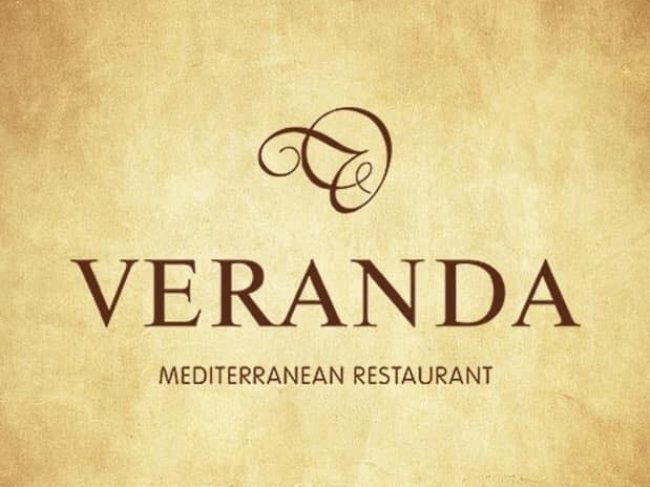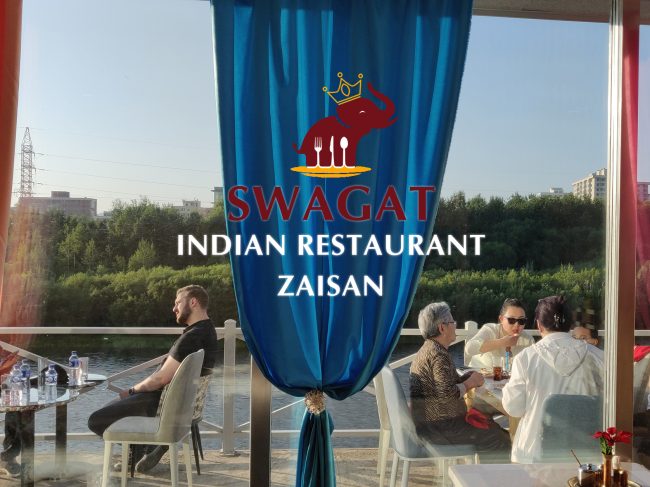The name Mongolia means the “Land of the Mongols” in Latin. The origin of the word the Mongolian word “Mongol” (монгол) of uncertain etymology, given variously such as the name of a mountain or river; a corruption of the Mongolian Mongkhe-tengri-gal (“Eternal Sky Fire”); or a derivation from Mugulu, the 4th-century founder of the Rouran Khaganate. First attested as the Mungu (Chinese: 蒙兀, Modern Chinese Měngwù, Middle Chinese Muwngu) branch of the Shiwei in an 8th-century Tang dynasty list of northern tribes, presumably related to the Liao-era Mungku (Chinese: 蒙古, Modern Chinese Měnggǔ, Middle Chinese MuwngkuX) tribe now known as the Khamag Mongol.
After the fall of the Liao in 1125, the Khamag Mongols became a leading tribe on the Mongolian Plateau. However, their wars with the Jurchen-ruled Jin dynasty and the Tatar confederation had weakened them. The last head of the tribe was Yesügei, whose son Temüjin eventually united all the Shiwei tribes as the Mongol Empire (Yekhe Monggol Ulus). In the thirteenth century, the word Mongol grew into an umbrella term for a large group of Mongolic-speaking tribes united under the rule of Genghis Khan.
Since February 13, 1992, the official name of the modern state is “Mongolia” (Mongol Uls).




